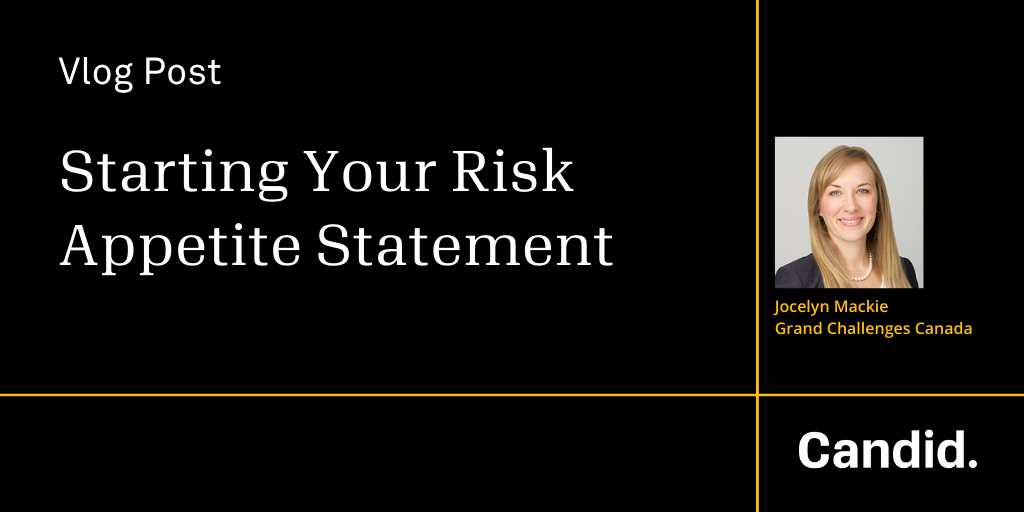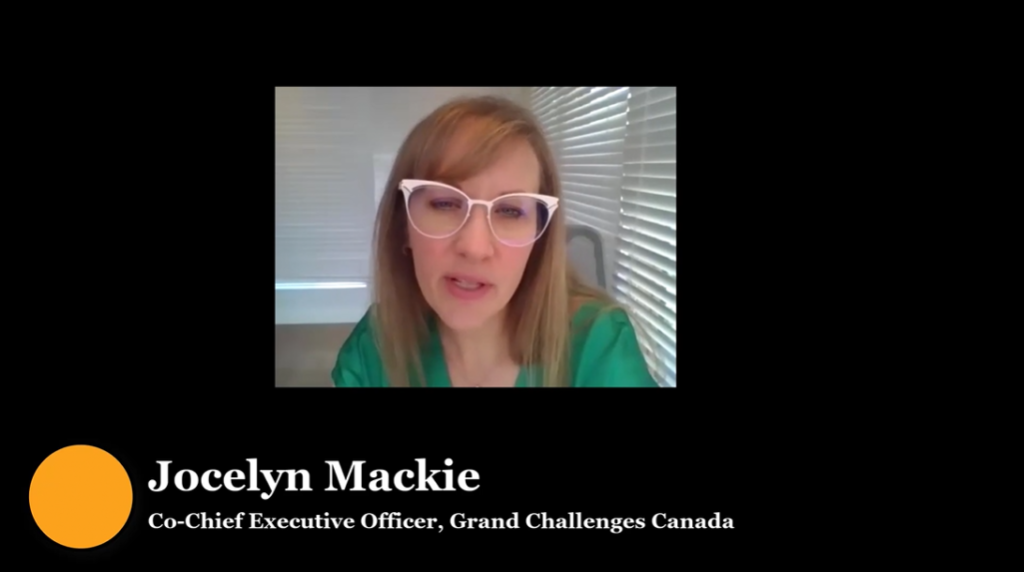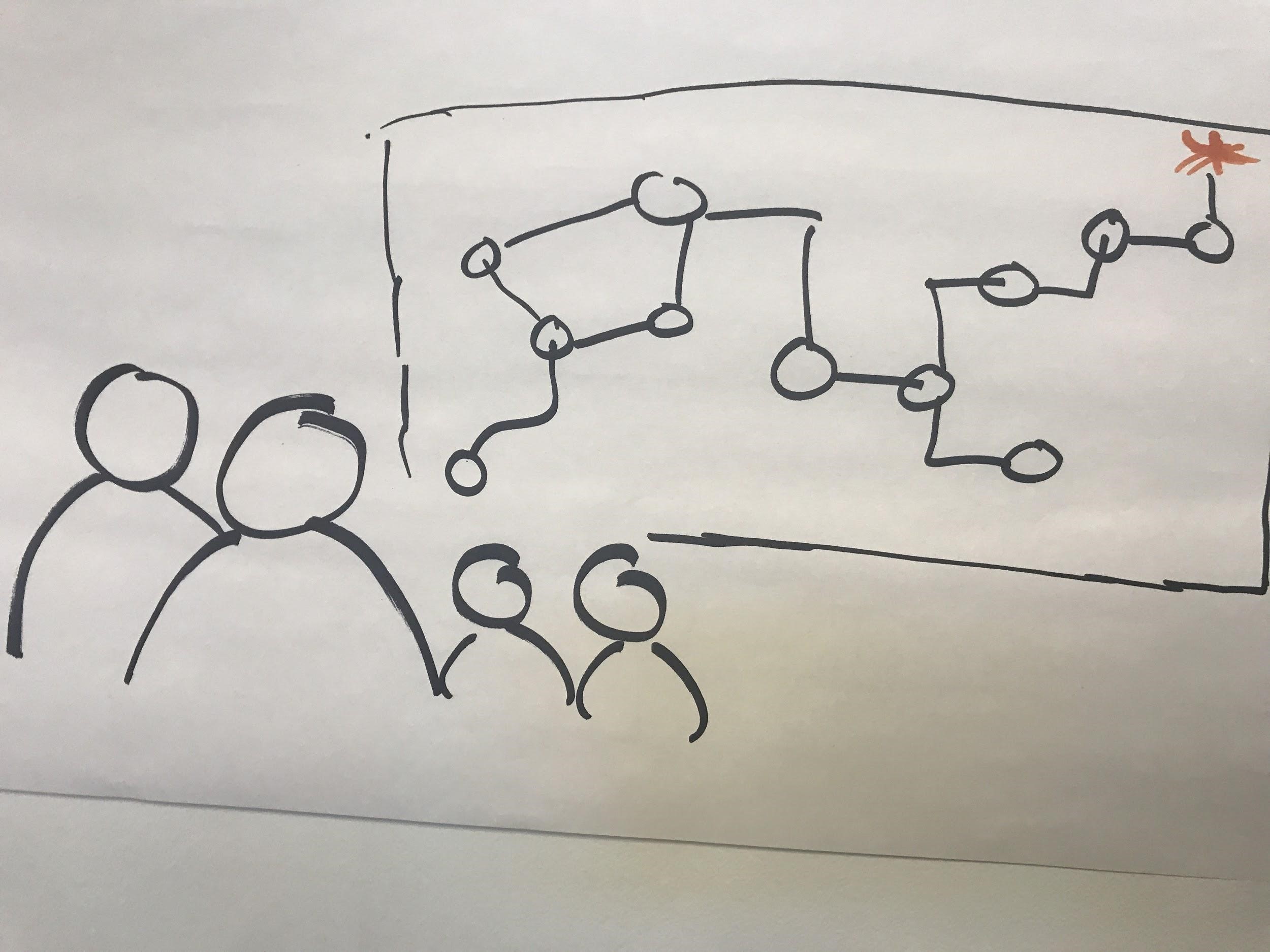Stating Your Risk Appetite
When taking on the issue of risk in your foundation, one of the things you should do is develop a risk appetite statement, but how do you begin? Here, Jocelyn Mackie, Co-Chief Executive Officer of Grand Challenges Canada, discusses their process of looking for frameworks and partners to emulate, having conversations with stakeholders, and engaging with innovators they supported to develop a statement that was true to Grand Challenges Canada and its values.
How did you start creating your organization's risk appetite?
Risk appetite statements are covered in Candid and Open Road Alliance’s new course, “Risk & Reward: Safeguarding Impact in an Uncertain World.”
According to Maya Winkelstein, CEO of Open Road Alliance: “Reward and risk are two sides of the same coin. As the saying goes, taking great risks can often lead to great rewards, which is the conventional wisdom of traditional investing and a wisdom that can translate into philanthropy as well.”
Take the Risk & Reward course to learn how to begin crafting your own risk appetite statement.
VIDEO TRANSCRIPT
For program officers looking to start the conversation about risk with their grantees, I really do think that the most important thing here to do is to build trust.
Your grantees need to know that they can trust, that if they are going to share their honest assessment of the risk and initiatives upfront or how things are going or not going, that you're gonna support them to manage that risk, not deny them funding or worse yank funding because something doesn't go according to plan. And I think to build that trust, I think it's a four components or elements to it. One is really demonstrate that you understand that your grantees know their context, and the risks inherent in their work best. They are the experts. And I think we really need to defer to them in those conversations.
Another piece of it is inviting early and often. So approach the conversation with a sense of inquiry. They've likely thought through all of this, far before we walked in the door of this conversation. So you wanna invite them to share what they see and how they plan to approach those risks. Third I'd say, is really demonstrating that we understand that our role as funders is to support them in mitigating those risks. This may include, you know, direct support, so the most obvious one that comes up is helping fundraise when a key risk is access to capital. Something we can do pretty well on the funder side and it's an easy one where we can offer, really direct on point support to a key risk area. But it also may mean being a sounding board, and a thought partner sharing perspectives from other efforts that we've seen. At minimum, it means demonstrating to the grantees that your funding is not at risk, simply because things don't go according to plan. And affirming that on a regular basis. And finally, I do think it's about agreeing on with your partner on some milestones. So many funders set those milestones artificially based on what they're, you know, needing to be accountable to internally or what they think is best. But if you really have a mutual understanding with your partner of what are the key milestones in the grant and you agree on them, then they're gonna be more likely to sort of both track them naturally. And then also to report to you on what's going on. So set those milestones, but also establish a clear understanding that complex works evolves over time, and that we're gonna support them in that sort of adaptation as it goes along.












